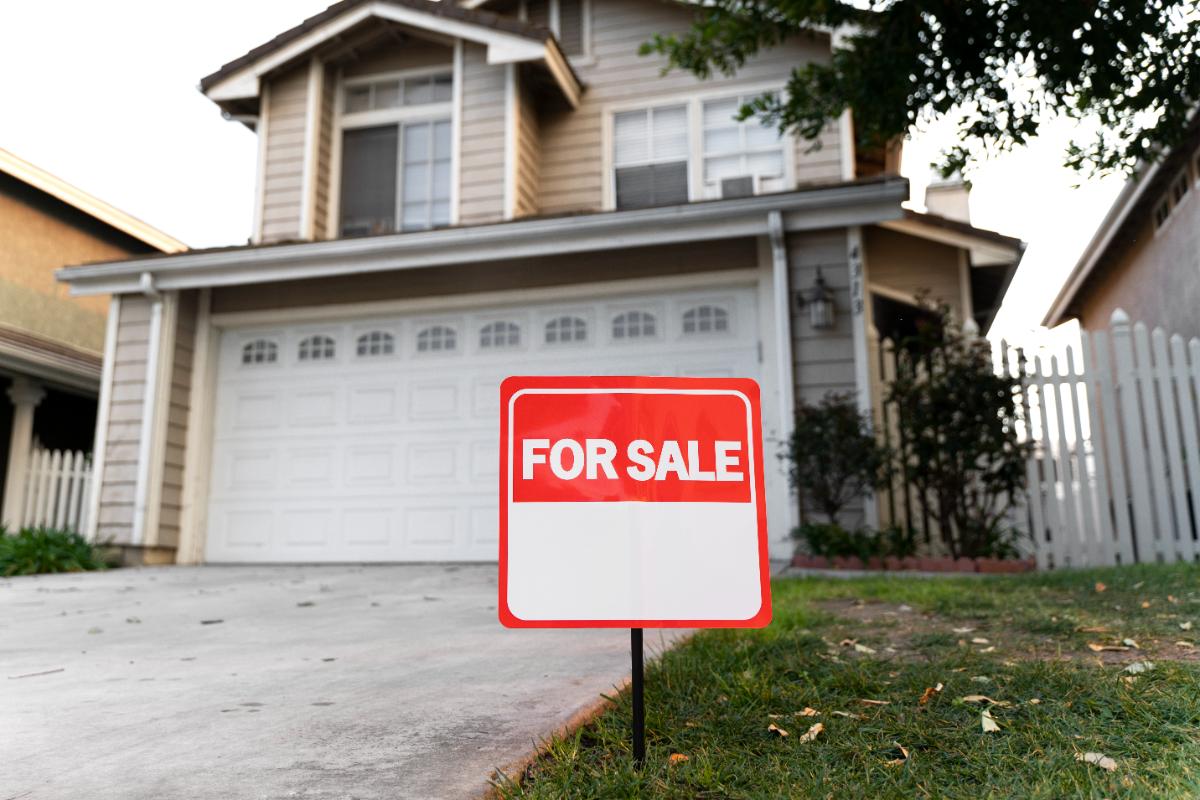Conveyancing Dispute Resolution Australia: A Legal Guide
Buying or selling property in Australia can be exciting—but also legally complex. With rising market activity and competitive timelines, conveyancing disputes are becoming increasingly common. From settlement delays to contract breaches, even minor misunderstandings can snowball into costly legal battles.
This guide explores everything you need to know about conveyancing dispute resolution in Australia—what causes disputes, how to resolve them, and how to protect yourself legally. Whether you’re a first-time buyer or seasoned investor, Legal Finda is here to simplify the process and help you find the right legal support.
Common Triggers for Conveyancing Dispute Resolution in Australia
Disputes during property transactions are not rare. The process of conveyancing dispute resolution in Australia typically starts when issues emerge between the buyer, seller, or their legal representatives.
Frequent triggers include
- Ambiguous contracts: Misunderstandings about what’s included in the sale (fixtures, finishes, etc.)
- Settlement delays: Especially when a party can’t meet agreed dates due to finance, paperwork, or valuation issues
- Contract breaches: One party failing to uphold key terms, such as providing vacant possession
- Undisclosed defects: Structural issues or pest infestations found after signing
Legal support becomes crucial the moment any of these situations arise. A licensed conveyancer or solicitor will help clarify your position and represent your best interests.

Key Conveyancing Legal Issues in Australia
Understanding the broader conveyancing legal issues in Australia helps buyers and sellers proactively avoid pitfalls. These issues often intersect with broader legal concerns like property law, finance regulations, and dispute mediation.
1. Deposit Disputes
If a deal falls through, who keeps the deposit? If terms around forfeiture or refunds aren’t clearly stated, arguments can escalate quickly.
2. Finance-Related Contract Terminations
Sometimes, buyers fail to secure loan approval by the deadline. If contracts are not "subject to finance" or that clause is poorly worded, sellers may legally cancel the deal.
3. Property Title Conflicts
Unexpected caveats, easements, or title errors discovered late in the process often lead to costly delays or failed settlements.
4. Inspection and Condition Disputes
When buyers find issues during their building or pest inspections, disputes can arise about whether repairs must be made—or whether the buyer can walk away.
How Conveyancing Dispute Resolution in Australia Works
Step 1: Early Communication
Open dialogue between legal representatives is the first step. Many issues can be resolved through discussion before taking formal action.
Step 2: Contract Review
A thorough legal review will identify which party has breached the contract and assess potential remedies under Australian law.
Step 3: Mediation or Negotiation
If parties can’t agree, independent mediators can help both sides reach a legally binding solution—without going to court.
Step 4: Legal Action (as Last Resort)
For high-value or complex cases, litigation may be necessary. Conveyancing dispute resolution in Australia sometimes requires court intervention, especially when one party refuses to comply.

Property Settlement Disputes in Australia
Settlement is a critical stage in the conveyancing process. Unfortunately, property settlement disputes in Australia are on the rise—especially in fast-moving property markets like Sydney and Melbourne.
Common scenarios include
- Delays in fund transfers due to bank issues
- Last-minute valuation drops affecting buyer finance
- Seller unprepared to hand over the property
- Unresolved contract clauses related to special conditions
Quick action—such as issuing a Notice to Complete—can help resolve settlement issues before legal penalties apply.
Real Estate Contract Disputes and How to Handle Them
Real estate contract disputes in Australia usually centre around:
- Interpretation of clauses
- Timing and deadlines
- Inclusion of fixtures and fittings
- Validity of special conditions (e.g. “subject to council approval”)
The key to avoiding these disputes? Meticulous contract preparation and review by a licensed conveyancer or solicitor.
Legal Finda Tip: Never sign a contract until every clause has been explained to you in plain English.
How to Resolve Conveyancing Issues Before They Escalate
Being proactive is the best way to avoid costly legal action. Here's a simple approach to how to resolve conveyancing issues effectively:
- Hire an experienced conveyancer early: Get legal advice before committing to any terms. If you’re not sure where to start, knowing how to find a good property lawyer can make all the difference in protecting your rights.
- Insist on complete and honest disclosure: Ensure you know what you’re buying—especially regarding title status and known defects.
- Double-check all conditions in the contract: Include clauses that protect your interests and allow for fair exit options if things go wrong.
- Conduct a pre-settlement inspection: Verify the property's condition before final payment. Raise issues immediately if anything has changed.
- Keep a written record of everything: Emails, inspection reports, and even text messages may become vital evidence if a dispute arises.

Why Professional Legal Help Is Crucial in Conveyancing Disputes
Whether you’re buying a new home, investing in commercial real estate, or selling a family property, legal guidance is your best defence against disputes.
Platforms like Legal Finda make it easier to find experienced property solicitors and conveyancers who specialise in dispute prevention and resolution.
With expert help, you can:
- Avoid unclear contracts
- Spot red flags early
- Resolve issues faster
- Reduce legal fees in the long term
Conclusion
No one expects their dream property deal to end in legal conflict—but it happens more often than you'd think. From contract confusion to delayed settlements, conveyancing issues can be stressful, costly, and time-consuming.
That’s why understanding conveyancing dispute resolution in Australia is so essential. With the right support and preparation, you can prevent disputes—or resolve them swiftly if they arise.
Need expert guidance? Connect with verified property lawyers and conveyancers at Legal Finda—your trusted partner in navigating conveyancing legal issues across Australia.

LegalFinda Editorial Team
The LegalFinda Editorial Team is composed of qualified Australian solicitors, legal researchers, and content editors with experience across family, property, criminal, and employment law.
The team’s mission is to translate complex legislation into clear, reliable guidance that helps everyday Australians understand their legal rights and connect with the right lawyer.


